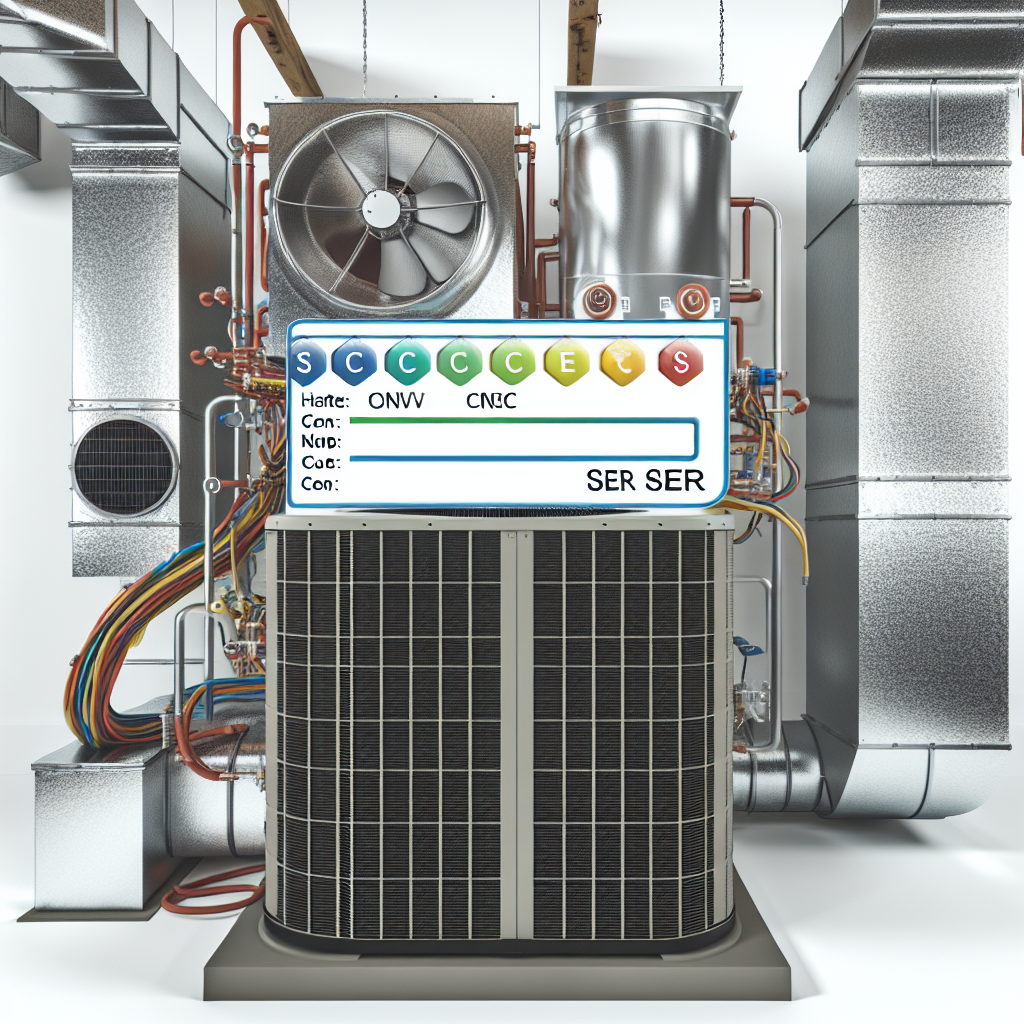Published: Nov 21, 2024

When it comes to choosing a new air conditioning system, understanding the Seasonal Energy Efficiency Ratio (SEER) rating is crucial. The SEER rating of an HVAC unit determines its energy efficiency and can have a significant impact on your energy bills. In this blog post, we will delve into what SEER ratings are, how they are calculated, their importance, and what you need to consider when selecting a new cooling system for your home.
SEER stands for Seasonal Energy Efficiency Ratio and is a measurement of an air conditioner or heat pump's cooling efficiency over an entire cooling season. The SEER rating is calculated by dividing the cooling output of an air conditioner by the energy it consumes. The higher the SEER rating, the more efficient the system is at cooling your home.
SEER is calculated by taking the total cooling output provided by the air conditioner during its normal annual usage, measured in British Thermal Units (BTUs), and dividing it by the total energy input during the same period, measured in watt-hours. This calculation results in the SEER rating, which is expressed as a numerical value.
The SEER rating is important because it helps homeowners understand the energy efficiency of their air conditioning system. A higher SEER rating means that the system is more energy-efficient, which can result in lower electricity bills and reduced energy consumption. Additionally, high SEER-rated systems are better for the environment as they consume less energy.
The minimum SEER rating for new air conditioners and heat pumps installed in different regions of the United States varies based on climate zones. In warmer climates, a higher SEER rating is recommended to maximize energy savings. Consulting with a professional HVAC technician can help you determine the appropriate SEER rating for your specific location and needs.
When selecting a new air conditioning system, there are a few factors to consider beyond just the SEER rating. These factors include the size of your home, your cooling needs, budget constraints, and any additional features you may want in your HVAC system. It's essential to strike a balance between energy efficiency and upfront costs to find the best system for your home.

Our expert technicians are ready to assist you 24/7!
Contact Us Today!Read our latest articles for helpful information about heating, cooling, and air quality.
Regular HVAC maintenance is essential for improving energy efficiency, extending the lifespan of your system, enhancing...
Read MoreImplement these 10 tips to enhance the air quality in your home, promoting a healthier living environment for you and y...
Read MoreRegular seasonal HVAC maintenance is essential for maximizing system efficiency, ensuring indoor air quality, preventing...
Read MoreSmart thermostats offer energy savings, convenience, learning capabilities, and integration with smart home systems, mak...
Read More